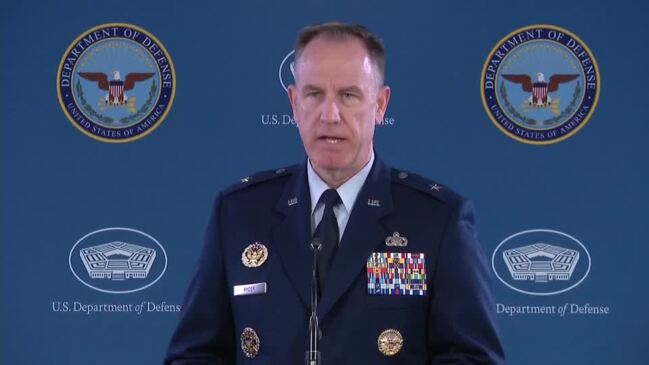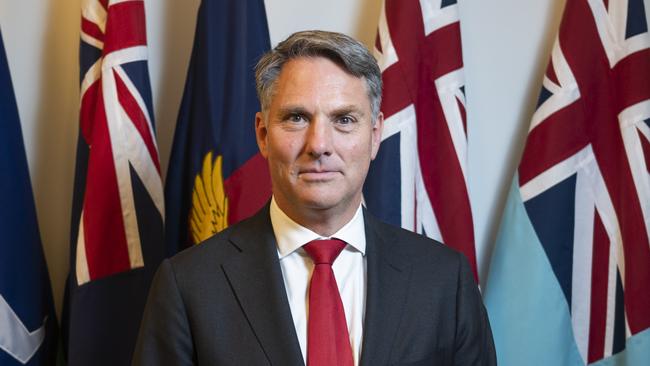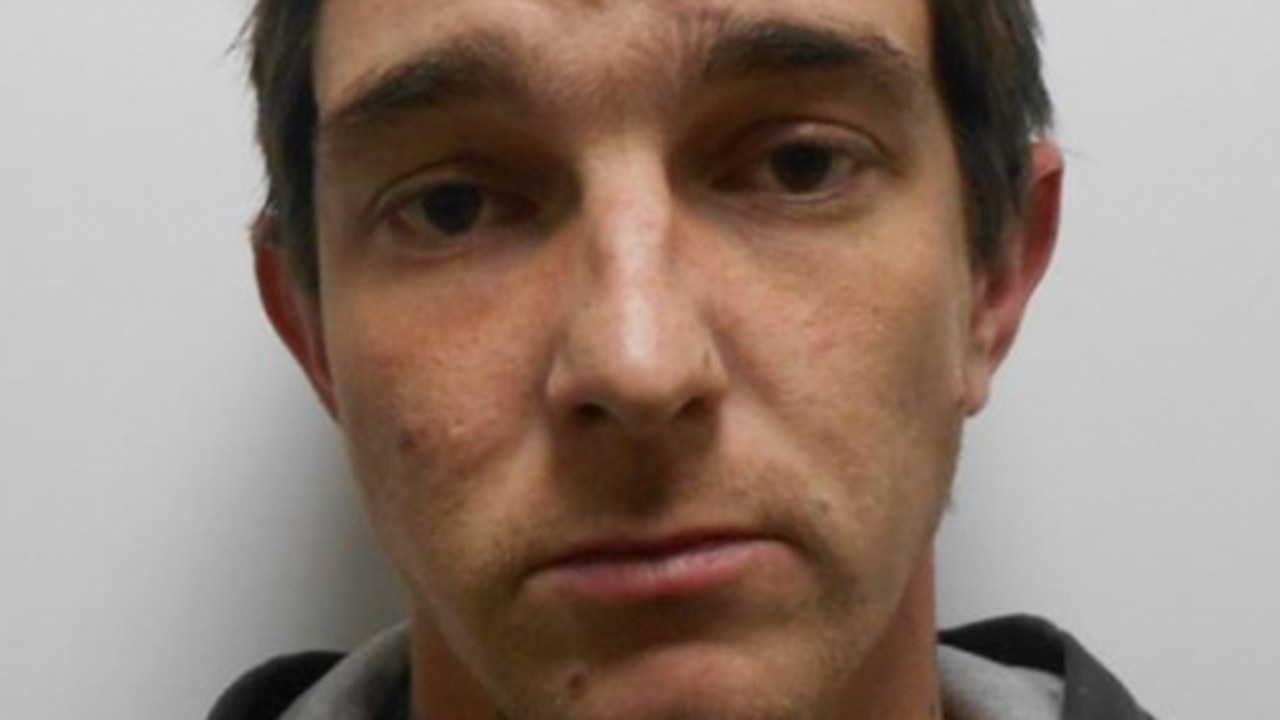Chinese-owned surveillance technology found in Australian government buildings
Chinese-owned surveillance technology has been operational in key government buildings, which has been called a “huge national security concern”.

Chinese-owned surveillance systems, including cameras, will be removed from Australia’s defence and military sites “as soon as possible”.
Almost 1000 cameras and other recording devices – some of which have been banned by the United States and the United Kingdom – were found to have been installed across 250 different Australian government building sites.
A number of those are in defence and military associated spaces – which are now being urgently audited.
The opposition’s spokesman for cyber security James Paterson said the Hikvision and Dahua cameras should be urgently removed, noting both companies are part-owned by the Chinese Communist Party.
He added the companies were complicit in the ongoing persecution of Uyghurs, being the provider of facial recognition technology.
Further, the companies are subject to the Chinese National Intelligence Law which requires them to hand over data if requested by Chinese intelligence agencies.
He said it posed a “huge national security concern”.

“There has been a number of vulnerabilities identified in these products in the past where remote users could gain full control of them, switch on the cameras or switch on the audio, for example,” he told Sky News.
“What’s most important is like Huawei, who were banned from our 5G network, they are beholden to the Chinese COmmunist Party … Every Chinese citizen and every Chinese company must co-operate with China’s intelligence agencies and must keep that co-operation secret so they could be prevailed upon by the Chinese government.”
Deputy Prime Minister and Defence Minister Richard Marles said it was important the issue had been brought to their attention, but claimed it was important not to overreact.
“We’re doing an assessment within defence into where those cameras exist, and when we’ve gone through that process we’ll obviously remove (them),” he said.
“We are acting. We do need to be thinking about our defence estate, so we’re going through the process in a sober, calm way, and we’re going to remove them … as soon as possible.
“We’ve got to do the assessment (first). I don’t think we should overreact, but we should deal with it.”

Senator Paterson said was first made aware of the presence of such cameras in September last year, and a six-month audit had found nearly every federal government department had at least one device.
He said it was “pleasing” the National Disability Insurance Agency and the Australian War Memorial had made their own moves in recent weeks to remove the cameras.
As for whether there were any cameras in Parliament House, he said he’s “not yet had an answer”.
He added that not only did the cameras pose a national security risk, but a moral risk.
“I don’t want Australian taxpayers’ money going into companies that are implicated in what the UN has called ‘crimes against humanity’ and what others have called ‘genocide’,” he said.
“We should not allow that to be anywhere near us.
“We (need) to get them out as soon as possible.”
Originally published as Chinese-owned surveillance technology found in Australian government buildings


